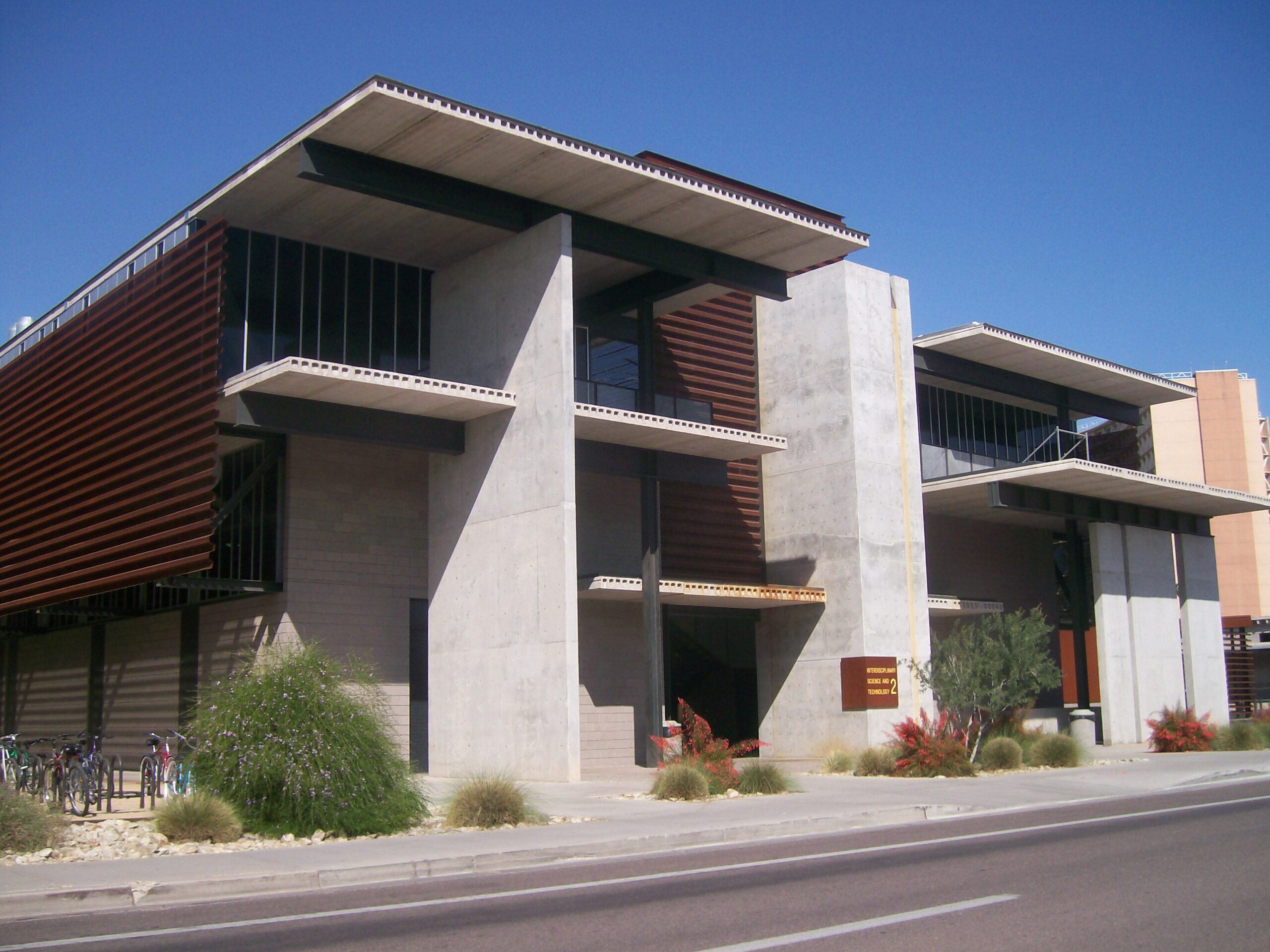
Concrete Mixing Lab
Brief Description and Mission
The Mechanical Testing Laboratory is a facility for:
Mechanical properties of materials.
- Undergraduate mechanical testing lab
- Tension, compression, bending, shear, Impact, fatigue, residual stresses, high temperature testing
- Variety of materials such as metals, ceramics, plastics, composites
- Stress analysis
- Vibration testing
- Failure analysis
- Crack growth characterization. Fracture tests for toughness determination
- Full-scale structural testing
- Materials testing per ASTM specifications
- Computational mechanics and finite element modeling and verification.
- Durability studies
- LabView Programming and Instrumentation Interfaces
Several state-of-the-art closed-loop uniaxial test systems for testing materials and structures are available for general testing purposes. These test machines are rated from 450 N to 500 kN (100 lbs – 110 kips) in axial force capacity and are computer controlled. Recently, a 12,000 in-lb torsion machine has been added to the IMTL and upgraded with closed-loop control, computer automation, and digital data acquisition. Facilities include hardware and software systems in digital controller technology, instrumentation for displacement and strain measurement, multi-channel data acquisition, digital data processing software, and a strong floor for full-scale structural testing and earthquake simulation. Environmental chambers exist for testing specimens from -100ºF to 3,000ºF. Experiments such as fracture, creep, fatigue, and cyclic loading can be conducted on various materials and structures.
Characterization techniques using light microscopy, X-ray diffraction, scanning and transmission electron microscopy, thermogravimetric, and differential thermal analysis are also available through the Center for Solid State Science. Additional information can be obtained from the web page of Center for Solid State Science
Additional Information
Additional information can be obtained from the web page of the Center for Solid State Science